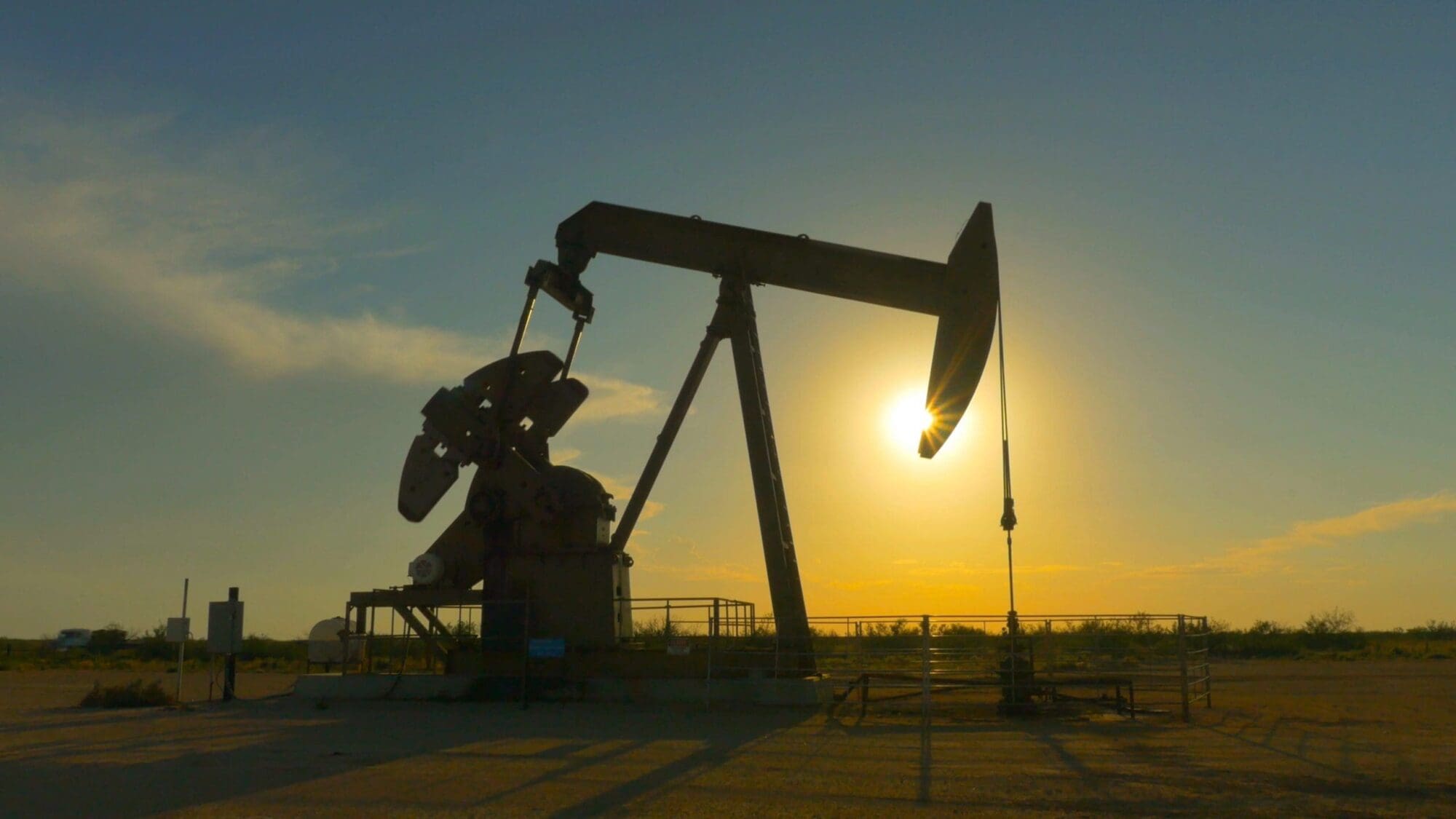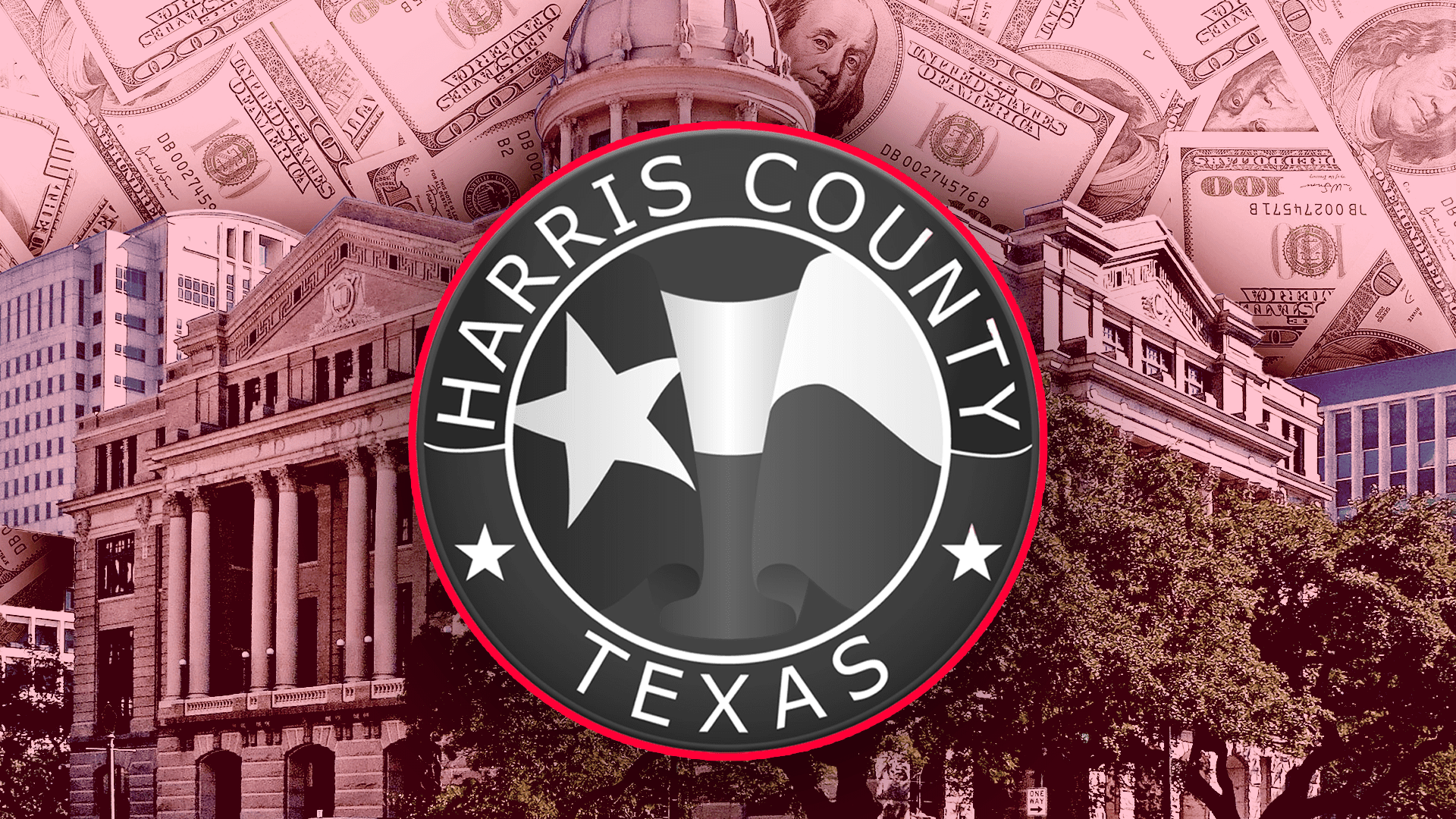On Thursday, in the case of West Virginia, et al. v. Environmental Protection Agency et al., the U.S. Supreme Court (SCOTUS) ruled 6-3 that the Environmental Protection Agency (EPA) cannot pass sweeping regulations that would completely reshape American electrical grids or force industries to eliminate carbon emissions altogether.
Background
The case stems from the Obama administration’s Clean Power Plan, which directed coal power plants to either reduce production or subsidize alternate forms of energy. The plan was temporarily blocked in 2016 by SCOTUS. In 2019, the Trump administration repealed the Clean Power Plan, arguing that it exceeded the EPA’s authority under the Clean Air Act.
The question before the Court is regarding the extent of the EPA’s power. A provision in Section 111 of the Clean Air Act grants the EPA the power to set “standards of performance” for existing sources of air pollutants as long as they take into account cost, energy requirements, and non-air health and environmental impact.
The Trump EPA, in repealing the Clean Power Plan, took the position that the Clean Air Act only allowed the agency to set standards on the physical premises of a power plant. According to the Trump administration, it did not allow broadly applied measures for entire industries.
In West Virginia v. EPA , West Virginia and 21 other states, including Texas, claimed that Section 111 does not allow the EPA to restructure full industries or upend traditional state and federal environmental regulatory roles.
Ruling of the Court
In the majority opinion of the case, Chief Justice John Roberts wrote that determining the breadth of the EPA’s power rested on the scope of the language in the Clean Air Act. Under the Clean Air Act, Roberts argued, Congress had not given the EPA the broad authority to regulate the energy industry.
“Capping carbon dioxide emissions at a level that will force a nationwide transition away from the use of coal to generate electricity may be a sensible ‘solution to the crisis of the day,’” he wrote, quoting an earlier decision.
However, “a decision of such magnitude and consequence rests with Congress itself, or an agency acting pursuant to a clear delegation from that representative body. … The agency instead must point to ‘clear congressional authorization’ for the power it claims.”
Roberts relied on what the Court has called the “major questions doctrine” to formulate his opinion. The doctrine holds that, with issues of major national significance, a regulatory agency must have clear statutory authorization from Congress to take certain actions, and not rely on its general agency authority.
Under this new ruling, the EPA may not adopt rules that are “transformational” to the economy unless Congress has specifically authorized them to make such a transformative change to address a specific problem.
Reception in Texas
Texas Gov. Greg Abbott said, “I applaud the Supreme Court’s decision to invalidate the EPA’s power grab and … stop D.C. bureaucrats from imposing costly regulations without any authority from the people’s elected representatives in Congress.”
Additionally, Texas Attorney General Ken Paxton expressed his agreement with the ruling:
With Biden in the White House, the radical left has re-captured the levers of environmental power and are forcing their green agenda on the nation. Today, we stopped him.
Paxton continued, saying, “And in pushing back against the EPA’s power grab, we protected not only the Rule of Law and the constitutional balance between the federal government and the states and between the branches of government, but we protected Americans’ pocketbooks as well. This is a great day for American energy production.”
No ads. No paywalls. No government grants. No corporate masters.
Just real news for real Texans.
Support Texas Scorecard to keep it that way!





